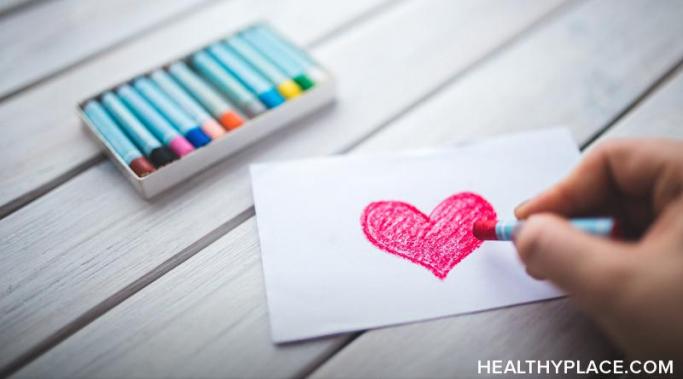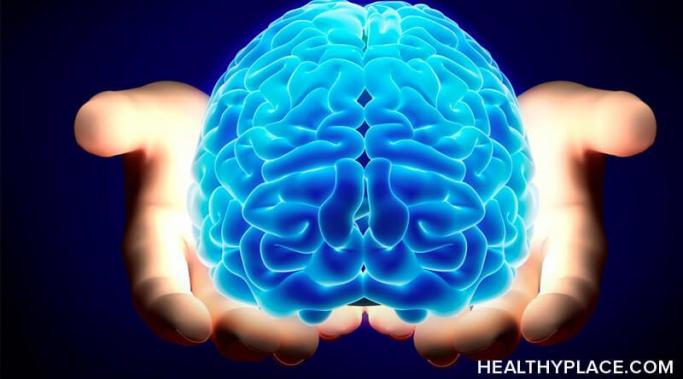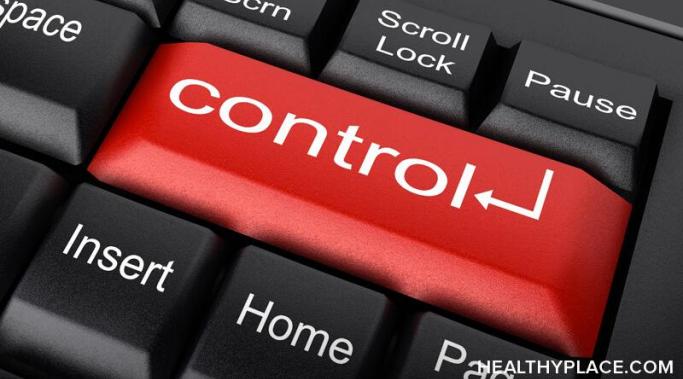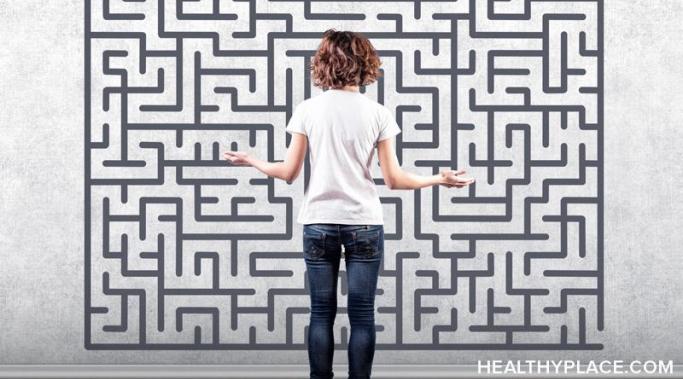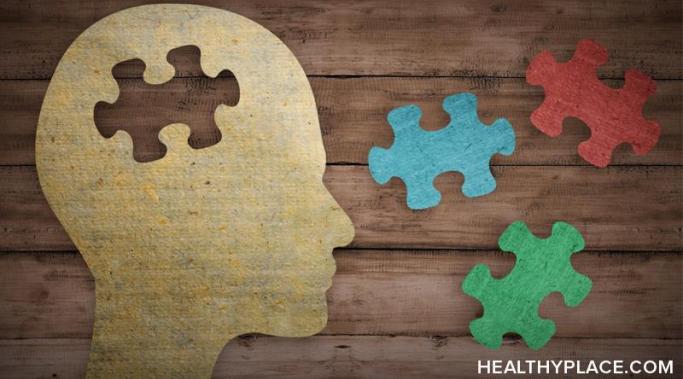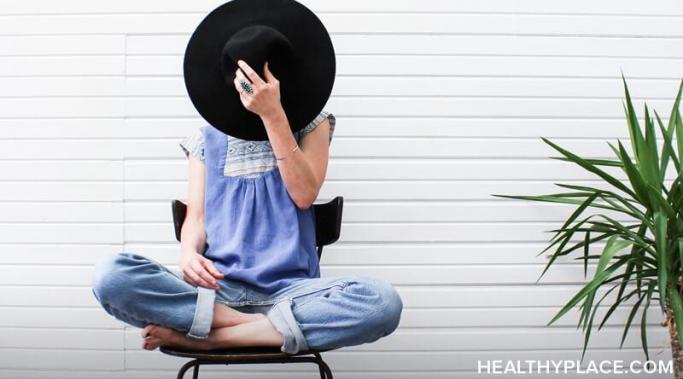There is a heart and mind connection. When you think of emotions, do you imagine them coming from the heart or mind? Or do you consider the heart and mind to be an inseparable whole? Examining how we talk about the heart and mind connection can teach us much about our beliefs. Can it also help enhance our experience of bliss and wellbeing?
Mind
What comes to mind when you imagine practicing meditation? Is it sitting cross-legged in silence as the outside world races by? Is it clearing your mind of all thoughts in the hope of attaining enlightenment? The truth is that meditation practices come in many different forms and can provide various benefits for anyone seeking inner calm and self-discovery.
Change can be powerful. Finding ourselves stuck in a rut, unable to see any alternative to our current situation, can lead to frustration and dissatisfaction. Could bringing joy and mental refreshment back into our lives be as simple as shaking up our daily routine and embracing the power of change?
Like everyone else, I sometimes feel bored with my life. Boredom is a derivative of expectations that haven't been met; when I'm bored, it's because I feel like I'm not living the life I ought to be. This can be true in the micro-sense of being bored at work or in the macro-sense of being bored with a career trajectory itself, to name just two examples. If not your job, you might be bored with your family, partner, living environment, or any number of other things, up to and including yourself. But did you know that boredom and attention are linked?
Dopamine and setting goals are links, and so are important in depression. In spite of what the popular "treat yourself" culture would have you believe, when it comes to battling depressive swings, setting goals and striving towards them remains tried and true. When we're feeling blue, self-care and self-compassion are important, but face masks and chocolate will only get us so far. If you're stuck in a rut, it's possible that what you need isn't less responsibility but more.
Maintaining and improving your cognitive skills, or the ability to use your brain, is an integral part of living happily into old age. Your cognitive skills allow you to think, reason, and process information. Small changes in your daily routine can strengthen these abilities, boosting your brainpower, mood, overall wellbeing, and emotional state.
Looking back at all my past problems from where I am today, it's often hard to remember just how low I felt. It's hard to remember the many years I spent stuck in a vicious cycle of anxiety, panic attacks, and obsessive-compulsive disorder (OCD), not knowing if I would ever be able to break free and live a happy and fulfilling life again. There were intermittent periods of depression when I was unable to see any reason for existence. Thankfully, those days are over.
One of the best pieces of advice I've ever received was to stop trusting my emotions, which means, don't trust my gut. I had gone to see an acupuncturist with a strained back and an abundance of curiosity. He palpated my ovaries, eyelids, and the like for a half minute before diagnosing my issue as one of emotional over-indulgence. He stuck a couple of dozen needles in me, left me alone for 20 minutes, and returned with his treatment plan. "You shouldn't trust your gut so much," he suggested and sent me on my way.
Do you have any negative beliefs (those which usually deliver an unwanted outcome)? Have you ever thought about why you believe some things and not others? Did you learn them at school, or are they the result of your experiences? Do your thoughts and ideas create positive or negative outcomes? It's worth taking the time to look at your beliefs, as they make up a fundamental part of your ability to experience happiness and have a powerful influence over your life, and replacing negative beliefs can be beneficial.
Opposite action is a skill I learned as a patient in dialectical behavior therapy (DBT) some three years back. I had begun DBT—a form of therapy that attempts to teach skills that can help counteract a particular behavior—for emotional volatility, and one of the very first skills that I learned was opposite action.
